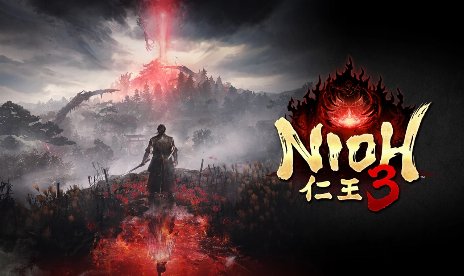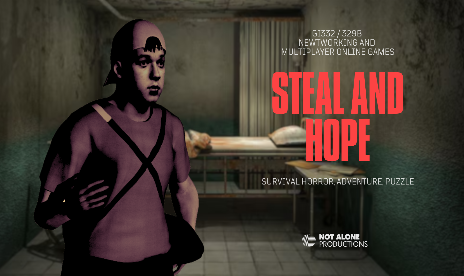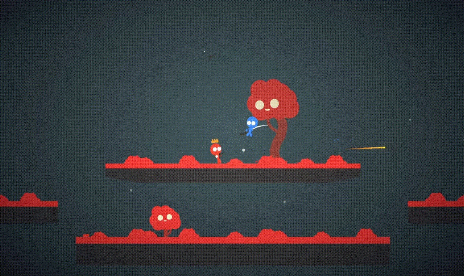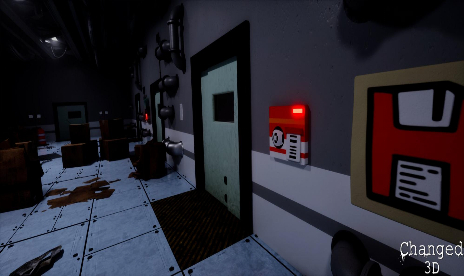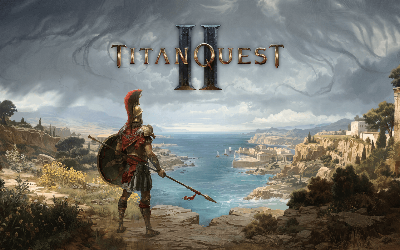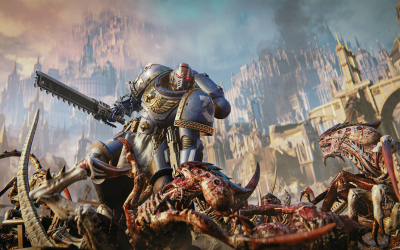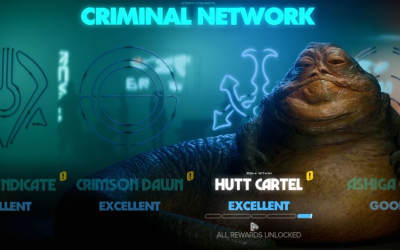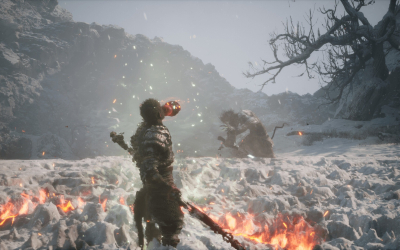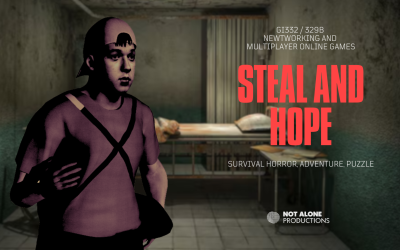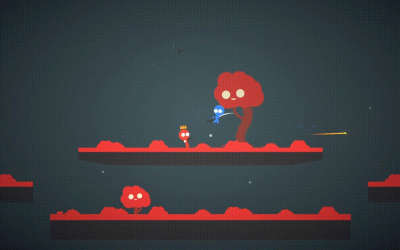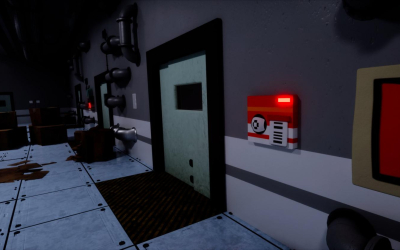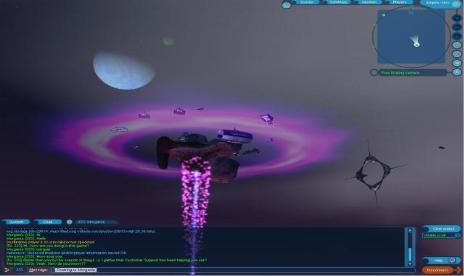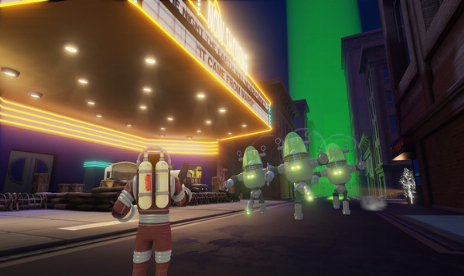Time of Defiance
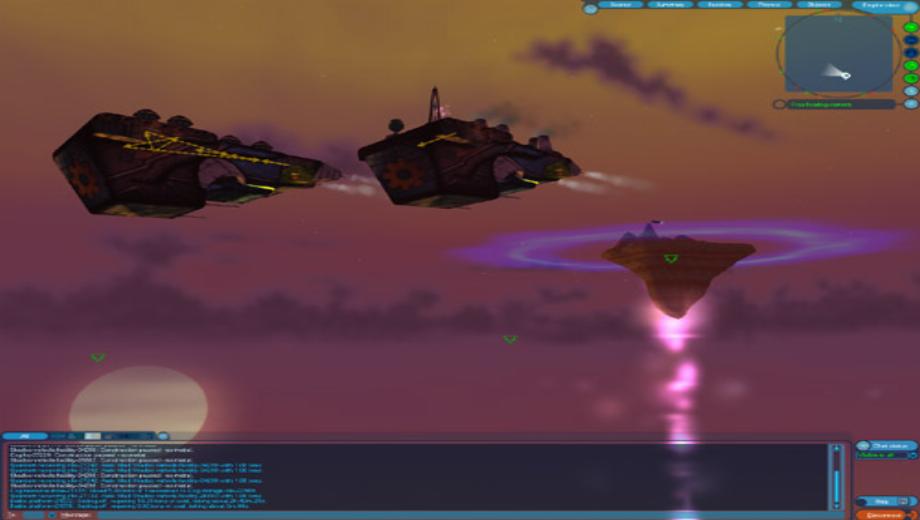
Time of Defiance is perhaps the perfect example of why all games need to be given a fair shake during the review process. My first few days with the game were an extremely negative experience. Even after reading the online tutorials and the in-game help, I still felt extremely lost and had no idea what I was doing. Due to the real-time nature of the game, making a few silly mistakes early on literally took two or three days to recover from. After I had adjusted and learned the game's mechanics, I came to realize that this was in fact the game's appeal, and wasn't a drawback at all.
Time of Defiance became extremely compelling, after that initial period of frustration. I left the game running at all times in the background of my PC, and found myself checking in on it more and more often. I'd send a colonizer off to an empty base to claim it as my own, and then by the time I was done with dinner it was there, ready to form a new base. Before I'd go to bed I'd queue several warships to be built, and by morning they would be finished, ready to send into battle. I found that I got the most enjoyment out of the title when I played a few minutes at a time, throughout the entire day. It's hard to get rid of our engrained notions of hours-long play sessions. That isn't how Time of Defiance was designed.
Thanks to its nature as a Strategy MMO title, ToD's storyline is largely throwaway and exists primarily as an excuse to get everyone fighting. A little messing with Quantum physics caused the implosion of the planet Nespanona, but not before its inhabitants were able to escape. The thousands of anti-gravity machines used to keep the planet alive are still functioning after the eventual implosion, clinging to hunks of land measured in the hundreds or thousands of meters. These small islands suspended in nothingness along with the vast amounts of empty space between them are where Time of Defiance's wars are waged.
One major drawback is the lack of an in-game tutorial. Anytime a new round starts you essentially need to go through the same handful of tasks anyway. Build some mining transports from your vehicle constructor to ensure a steady stream of resources. Explore your immediate surroundings with your scout ship. If the game allowed you to be held by the hand through these first basic tasks (if you chose to be), then the initial couple days of frustration could be avoided and there would probably be many more people appreciating the title's strategic elements.
The strategic aspects of the game are oddly enhanced by the slow pace. Imagine a round of StarCraft that lasted two weeks, and it took hours to reach your opponent, and days to fully build up an expansion to your base, and you're close to what Time of Defiance is like. Obviously the experience isn't as intense, but when you've spent five days planning a raid, you can be sure you'll be in front of your computer when your ships reach the enemy, no matter what time it is.
Unlike StarCraft, there unfortunately isn't much of a tech tree in ToD. Right from the start you can build pretty much any structure and any ship that exists. This takes away much of the strategic depth that the title could have had. There's no option to research advanced technology to get more powerful weapons, which would in turn leave you open (early on) to other players who instead opt to begin attacking immediately. Everyone having access to all the same tools throughout the entire round limits the amount of strategizing that can be done far too much.
My last (and biggest) gripe with Time of Defiance is with the interface itself. All menus seem oddly unresponsive, to the point that some things had to be clicked over and over again, until the game finally recognized the input. This once got so bad that I tried the title with a different mouse, to make sure it wasn't a hardware problem. Combine that with an unnecessarily complex camera interface, and some key options being buried within submenus, and merely getting through the game can sometimes become quite frustrating.
Still, it's a testament to the Time of Defiance's overall strategic soundness that despite this the game is still recommended. Since everyone else within the game is a real person, diplomacy takes much more of a center stage than any other strategy title I've played. Players will learn quite quickly that they simply can't attack everyone they see, and that alliances will need to be formed to succeed. This interaction with other players is what gives ToD that slight nudge over the line and allowed me to say with confidence that the overall gameplay experience is a positive one.
No one wants to make a mistake that will take a full 24 hours to correct, but when your neighbor is the one making it, and you strike at the perfect time, it's a sweet feeling. Despite all the title's problems, the real-time nature ensures that you'll be thinking of your empire in your car on the way home, while out to lunch, and at plenty of other inappropriate times. Time of Defiance is worth a look from strategy fans, despite its flaws and steep learning curve.
The Score:
+ Takes the MMO genre in a direction other than RPGs
+ Strategy elements require planning and foresight to succeed
+ Effective use of diplomacy is almost a must in order to achieve victory
+/- The real-time elements are both a blessing and a curse
– Really, really needs an in-game tutorial
– Interface is much clunkier than it should be
– No real "tech tree" to speak of to reach more advanced units
Bottom Line:
Time of Defiance is an extremely dense experience, giving gamers lots of options for running or automating aspects of their empire. Although not without its negative points, I still found myself altering my own schedule to continue the advancement of my empire. The experience will be too low tech and clunky for many to justify the monthly fee, but for those gamers looking for a slower-paced MMO title to merely check in on a handful of times a day, the money spent on ToD will not be regretted.
Reviewed by Justin Davis


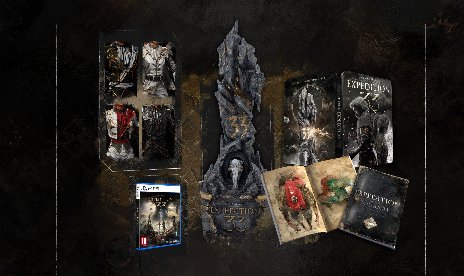
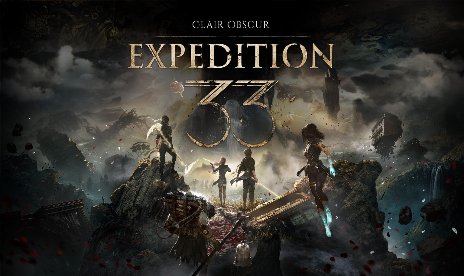

![SnowRunner v40.0 (+7 Trainer) [Baracuda]](https://9588947a.delivery.rocketcdn.me/wp-content/uploads/2026/02/Snow-Runner-01-464x276.jpg)

![Titan Quest II (+26 Trainer) [FLiNG] – Update February 2026](https://9588947a.delivery.rocketcdn.me/wp-content/uploads/2025/09/Titan-Quest-II-01-464x276.png)


